You are currently viewing SemiWiki as a guest which gives you limited access to the site. To view blog comments and experience other SemiWiki features you must be a registered member. Registration is fast, simple, and absolutely free so please,
join our community today!
WP_Term Object
(
[term_id] => 157
[name] => EDA
[slug] => eda
[term_group] => 0
[term_taxonomy_id] => 157
[taxonomy] => category
[description] => Electronic Design Automation
[parent] => 0
[count] => 4409
[filter] => raw
[cat_ID] => 157
[category_count] => 4409
[category_description] => Electronic Design Automation
[cat_name] => EDA
[category_nicename] => eda
[category_parent] => 0
[is_post] =>
)
I spent the morning at Mentor where they announced their new enterprise verification platform. This was a general announcement but was attended by a lot of the international press who were over on a GlobalPress tour (the event that used to take up camp at Chaminade).
But first Wally Rhines spent 30 minutes giving a nice overview of… Read More
The emerging market for IoT and wearable devices are designed with mixed-signal IP that includes: embedded CPU, flash, analogue and radio.EDA and IP companies have recently worked together to allow us to design an MCU with mixed-signal IP blocks more efficiently. This morning I attended a webinar with presenters from ARMand … Read More
One of the benefits of being part of SemiWiki is building relationships with a wide variety of companies covering every semiconductor design application imaginable. We are blessed, absolutely. Another benefit of being part of SemiWiki are the invitations to attend, participate, and even organize events such as EDPS. Last year… Read More
In the 1990’s there was a push to build EDA frameworks, however they all failed because no user wanted to be locked into one EDA vendor tool flow. Fast forward to 2014 and there’s an emerging trend to use web-based EDA tools as a framework, instead of downloading and installing software to your desktop or device. I just… Read More
IC place and route tools can be very high-priced EDA software to purchase or lease, so there’s some good news for AMS designers that need an affordable digital place and route tool for their mostly analog designs. Today the team at Tanner EDAannounced a totally new place and route system has been added to their Schematic Driven… Read More
A Virtual Platform for any kind of design or manufacturing in any discipline of science or engineering (electrical, mechanical, aeronautics etc.) must be able to provide an accurate representation of an actual design/product in a fraction of time and cost it takes to build working prototypes. In the case of semiconductors at … Read More
Semiconductor IP continues to grow in use for SoC design, and many chips can now use hundreds of IP blocks from multiple vendors. Validating the quality of the IP blocks is an important step in the design process, and you could perform manual validation and inspection of each new IP block at the expense of time and engineering effort.… Read More
Get together with your fellow industry peers and insiders at the monthly EDAC Mixer, to the benefit of local charities. You don’t need to donate anything, you just show up and pay for your own drinks. A portion of the proceeds will go to local charities, this month to the Resource Area for Teaching (RAFT), a San Jose based non-profit… Read More
Archaic tech metaphors abound, stuck in the psyche of users everywhere. We still “dial” numbers, long after the benefit of a short pull area code disappeared. (Humans could dial 1, 2, or 3 a lot faster on a rotary phone, and there were fewer dialpulses for central office switches to decode – thus big cities with more phone traffic like… Read More
Sebastian Thrun gave a fascinating keynote at SNUG last week. It didn’t have that much to do with IC design but he discussed 3 projects that he had been involved with. Anyone would be happy to have just one of these projects on their resume but he has all these (and more).
The first is the Google self-driving car. This project actually… Read More


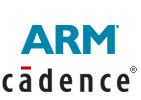
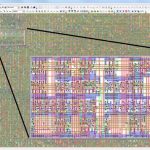
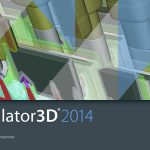
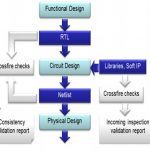
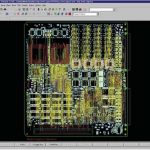

TSMC vs Intel Foundry vs Samsung Foundry 2026